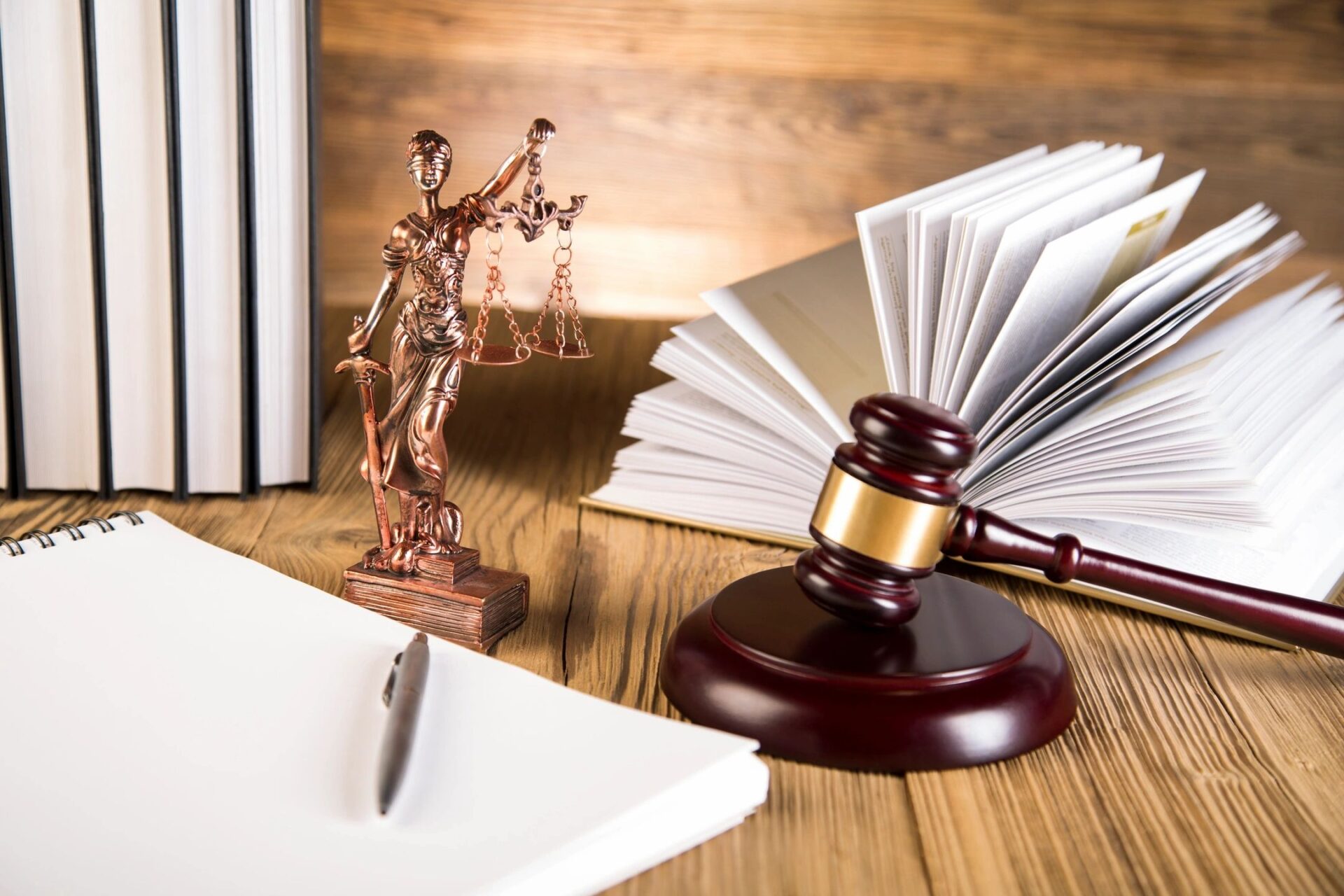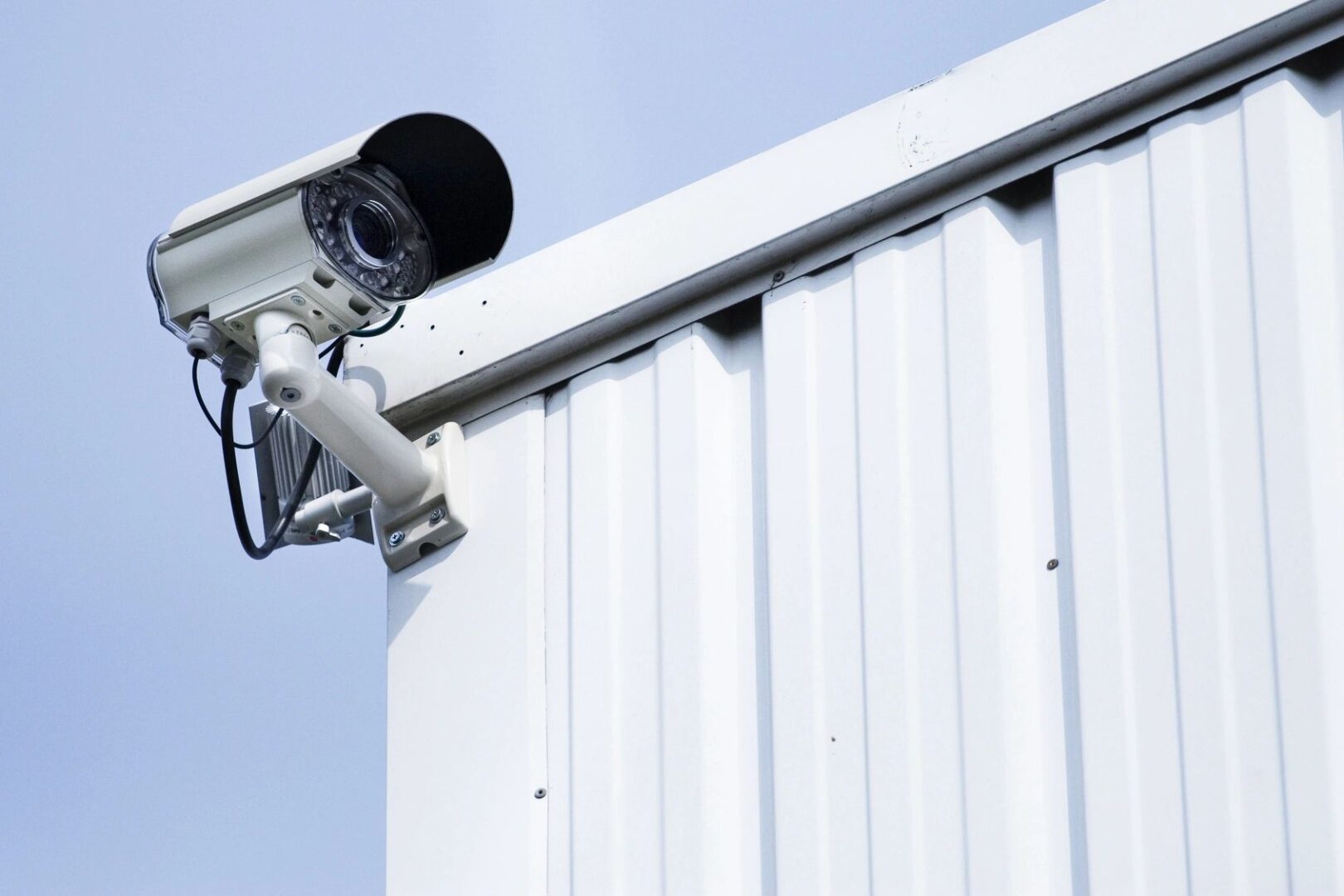Premises Liability

File a Premises Liability Lawsuit With Our Help
What Is Premises Liability in Florida?
If you suffered an injury while visiting someone else’s land, home, or business, you might have a right to damages. But did you know that your right to damages heavily depends on why you were visiting another person’s property? Florida’s premises liability law determines when and how parties injured on someone else’s property have a right to recover damages from the property owner.
General Elements of Many Personal Injury Cases
In many cases, an injured party’s ability to win a personal injury claim depends on proving the following four factors:
All the above elements are important in a personal injury case. However, a huge focus in a premises liability case is what kind of duty a property owner owed you.


The Duty a Property Owner Owes You
There are generally five kinds of injured parties in civil lawsuits against property owners:
Where you fit within these categories determines the extent of a property owner’s responsibility to protect you from harm. We have outlined below what these categories are and the duty property owners owe to each category.
Protection for Invitees and Licensees by Invitation
Invitees are people who visit a property because it’s open to the public for the specific reason they’re visiting or they have been invited to the property to conduct business with the property owner. Licensees by invitation are social guests that the property owner invites to the premises. The invitation you receive as an invitee or licensee can be expressed or implied.
Invitees and licensees by invitation are owed basically the same duty of care from a property owner. If you’re harmed on someone’s property while you’re there as an invitee or licensee by invitation, you could have a right to damages if the property owner didn’t do the following:

The property owner has a duty to protect you
Against non-obvious dangers that they know about or should know about. For example, If someone invites you to their home or business and you slip and fall on their wet floor, the property owner could be liable for not drying the floor before you came or not warning you about the wetness.
As an invitee or an invited licensee on someone else’s property, you could be exposed to many falling hazards. Slips and falls are common causes of injuries across the country. In fact, the Centers for Disease Control and Prevention report that in 2015, people incurred more than $50 billion dollars in medical costs from fall injuries. If you fall on someone else’s property, you don’t always have to shoulder the cost of the aftermath alone. Speak to an experienced attorney about your legal options.
Protection for Uninvited Licensees and Adult Trespassers
Uninvited licensees are people who weren’t invited to the premises but are legally allowed on the premises for their own purposes (e.g., someone who enters a restaurant to use the bathroom, but doesn’t buy food). Trespassers are people who are illegally on someone else’s property. Even though these people didn’t receive an invitation to the property, they have limited rights to protection from harm.

Determining what kind of visitor you were
To someone’s property when you got hurt can depend on a lot of unique details. You don’t want to sell your visitor status short in a personal injury case, so it’s best to speak to a skilled premises attorney who can argue for the maximum protection warranted in your case.
Our Attorneys Are Here to Fight for You
If you suffered an injury on someone else’s property and you need a premises liability lawyer in south Florida or Miami, we have what you’re looking for. Our experienced personal injury attorneys at Lady Law Group are skilled, compassionate, and diligent. While we work to get you a fair settlement or win your case in court, we also go the extra mile to support your needs in the interim. Contact us online or call us today for the protection you need in difficult times.
